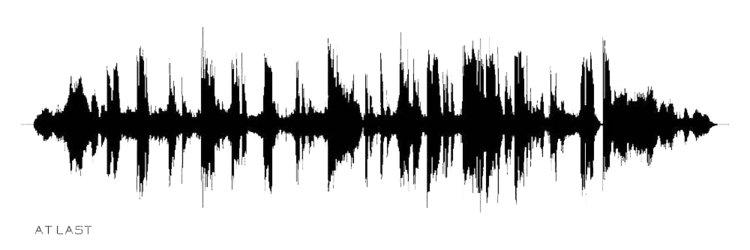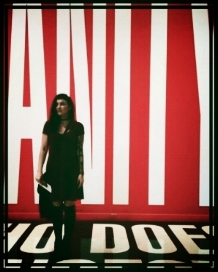trisha n. campbell, phd
Professor | Artist | Yogi
“If ethics involves a relation, an approach in which I turn toward an other who is not simply an object, toward an other who may also turn toward me, it first of all implies that neither I nor the other is an enclosed entity, but that both are already exposed…radically non-selfsufficient…” (86).
—Diane Davis, Inessential Solidarity
I am an artist, yogi practitioner, academic, and teacher.
I am interested in creating a world nearly free (“nearly” because I’m cautious of absolutes) of divisive thinking and language. This interest is behind all my work—from teaching yoga to my research on empathy to teaching rhetoric. What can our world look like if we transform divisive language and thinking? For instance, I teach yoga; I also teach rhetoric and writing. The two are not so different. One asks you to confront, process, (and re-present) the world and yourself through paper, language, and text. The other asks you to confront, process, (and re-present) the world and yourself through breath, poses, and a combination of poses and breath. Both of these practices can bring us closer to creating a world of non-divisive thinking and non-violence.
Currently, I am working on a piece called “Empathy Failures in 10 vignettes,” which is part-memoir, part-practice. This project sonically performs 10 failures of empathy in my own life throughout the last few years. In a way, these are 10 creative non-fiction empathy vignettes that capture and tell my own story of trying to feel with and think with others. The vignettes begin by positing that empathy is impossible and yet that is precisely why we must practice it and possibly fail each time. I am also working on an article “Empathy for Rhetorical Education” that re-tells the story of rhetoric as one of empathy and not argument.
I studied yoga (200-YTT) at Shanti Yoga Training School in New Orleans with Nathalie Croix. My training focused on the 8 limbs of yoga, the breath, and a vinyasa flow style influenced by Nathalie’s training with K. Pattabhi Jois.
At the heart of my work are enduring questions around the ethical, the rhetorical, the public, the body, and the digital. I take up each of these both separately and together through my art, articles, practices, pedagogies, and civically engaged or community-centered work. More specifically, I spend most of my time thinking about how violence circulates visually, textually, and digitally in networks, how empathy lacks, and how contagious our affects have become. My work attempts to perform rhetorical listening and rhetorical empathy through and with publics, performance, and found media, archives, and voices and bodies.

